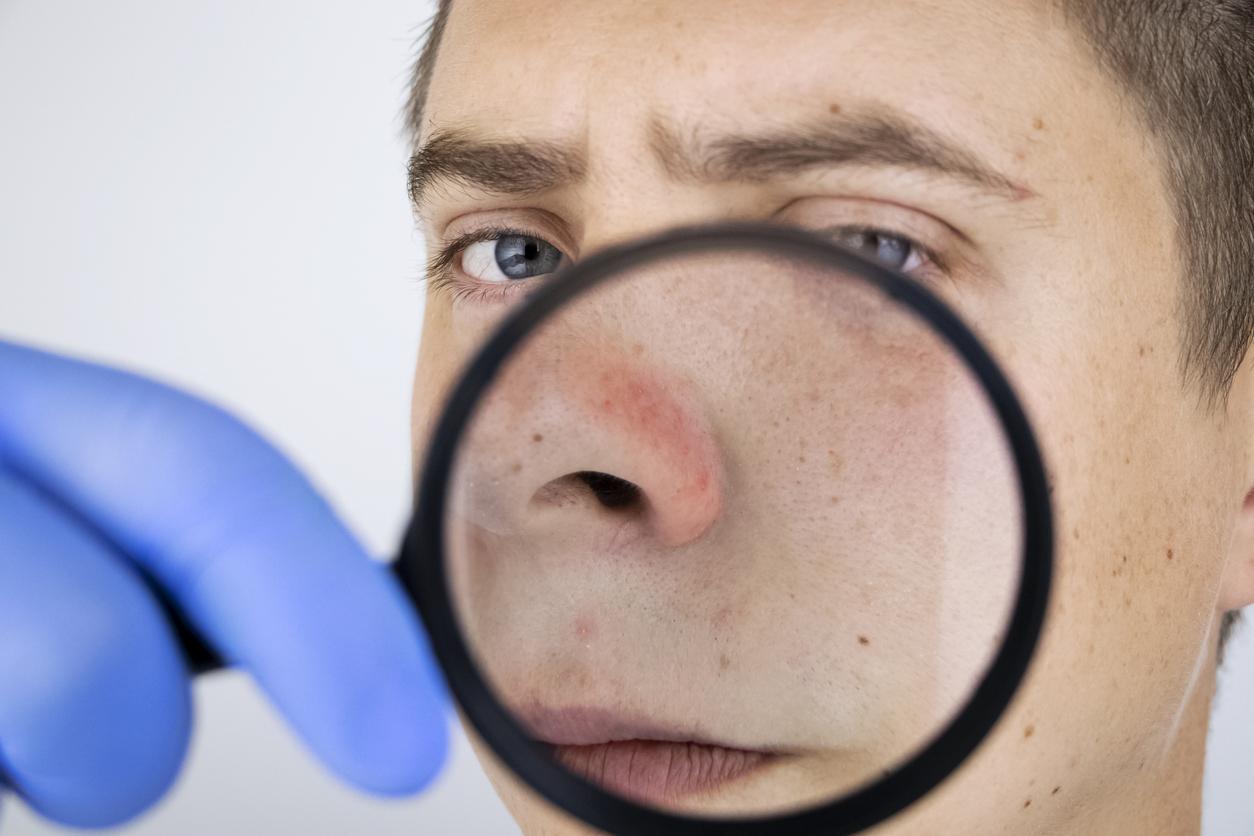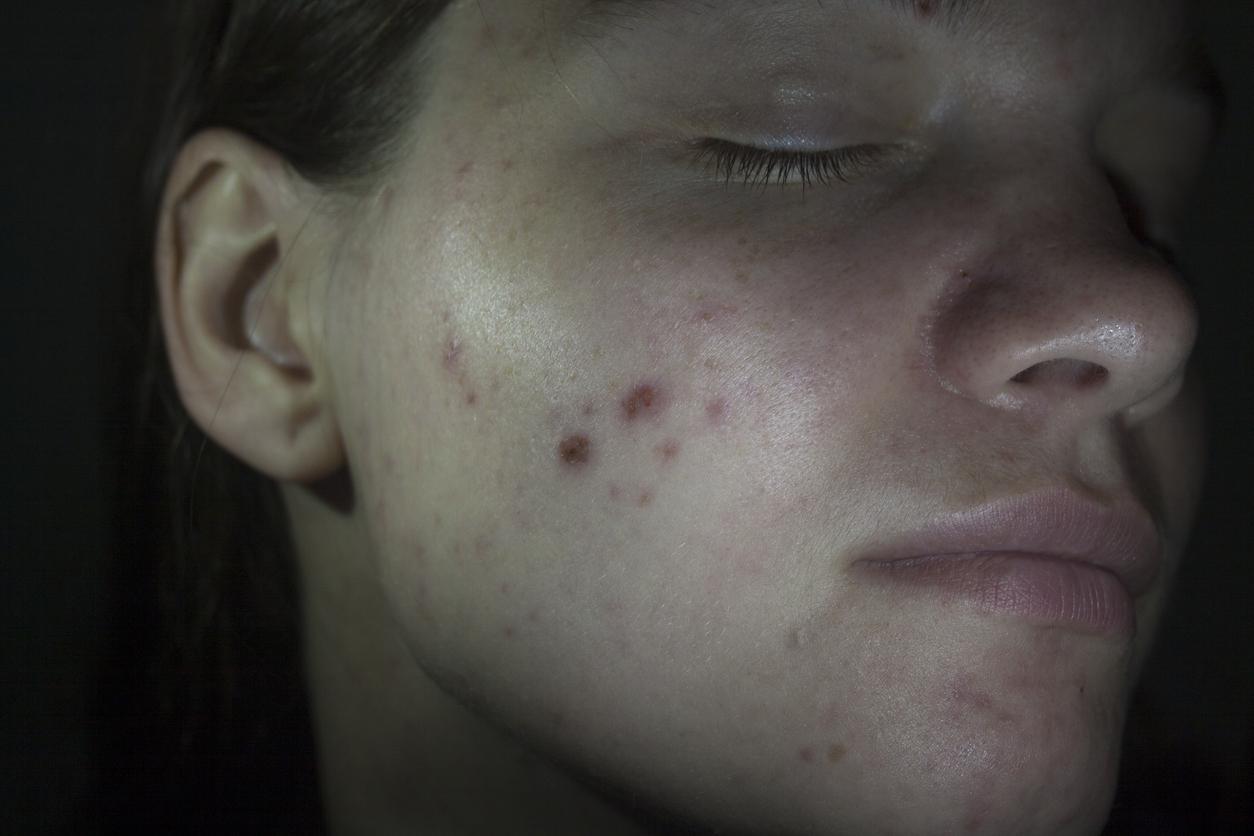For the first time in systemic lupus erythematosus, ustekinumab, an interleukin 13/23 inhibitor already available in other diseases, demonstrates its efficacy on symptoms and key laboratory parameters of the disease.

One hundred and two people with lupus were randomized to receive ustekinumab or a placebo. At week 24, a majority of 60 patients in the ustekinumab group (37 (62%)) had an objective response compared to only 14 (33%) of 42 patients in the placebo group, with a significant difference between groups (p = 0.006 ).
There were slightly more adverse events in the ustekinumab group, 47 (78%) of 60 patients versus 28 (67%) of 42 in the placebo group. Infections were the most common type of adverse event in the ustekinumab group (27 [45%]) as in the placebo group (21 [50%]). No death or treatment-related opportunistic infections, shingles, tuberculosis or malignancies were observed during the 24 weeks of the study.
This study is published in the journal The Lancet.
IL-12/23, an important target in lupus
Lupus is an autoimmune disease with dysregulations that affect many proteins (interleukins) in the inflammation cascade. Several subgroups of patients exist within the nosological entity of lupus, which makes this disease heterogeneous and more complex to apprehend. So far, most targeted treatments tried have only improved small groups of patients.
Ustekinumab is a monoclonal antibody targeting interleukin IL-12/23 that is approved elsewhere for the treatment of plaque psoriasis, psoriatic arthritis and Crohn’s disease. The interleukins IL-12 and IL-23 have been implicated in the pathogenesis of systemic lupus erythematosus.
Faced with the toxicity of conventional treatment and the mixed results of anti-B lymphocyte treatments, the authors sought to test the efficacy and safety of ustekinumab in the treatment of systemic lupus erythematosus in patients suffering from a moderate form. to severe lupus disease despite well-conducted conventional treatment.
A promising feasibility test
This was a phase 2, multicenter, randomized, double-blind clinical trial carried out in adult patients with active systemic lupus erythematosus.
Patients received either an intravenous infusion of ustekinumab (weight-adjusted) (260 mg for patients weighing 35 to 55 kg, 390 mg for patients weighing more than 55 kg and less than 85 kg and 520 mg for patients weighing more weight of 85 kg), followed by subcutaneous injections every 8 weeks, i.e. infusions of identical appearance but of placebo.
The primary endpoint was the proportion of patients achieving a response of at least 4 (SRI-4) and the secondary endpoint was the internationally validated composite endpoint, SLEDAI-2K, at week 24.
A validation test in progress
Systemic lupus erythematosus is a fairly common and potentially serious autoimmune disease, especially in young women. The treatments currently available are effective but sometimes encumbered with a certain toxicity and, only one new molecule has been approved in this disease in almost 60 years. It was therefore necessary to find new options.
The results of this preliminary study strongly support the interest in targeting interleukin 12/23 in lupus and the further development of ustekinumab as a novel treatment for systemic lupus erythematosus. The benefit of this molecule should in particular be verified in patients with lupus nephritis.
As a reminder, by affecting various major organs of the body (kidneys, heart, brain, etc.), lupus remains one of the main causes of death in young women.

.














